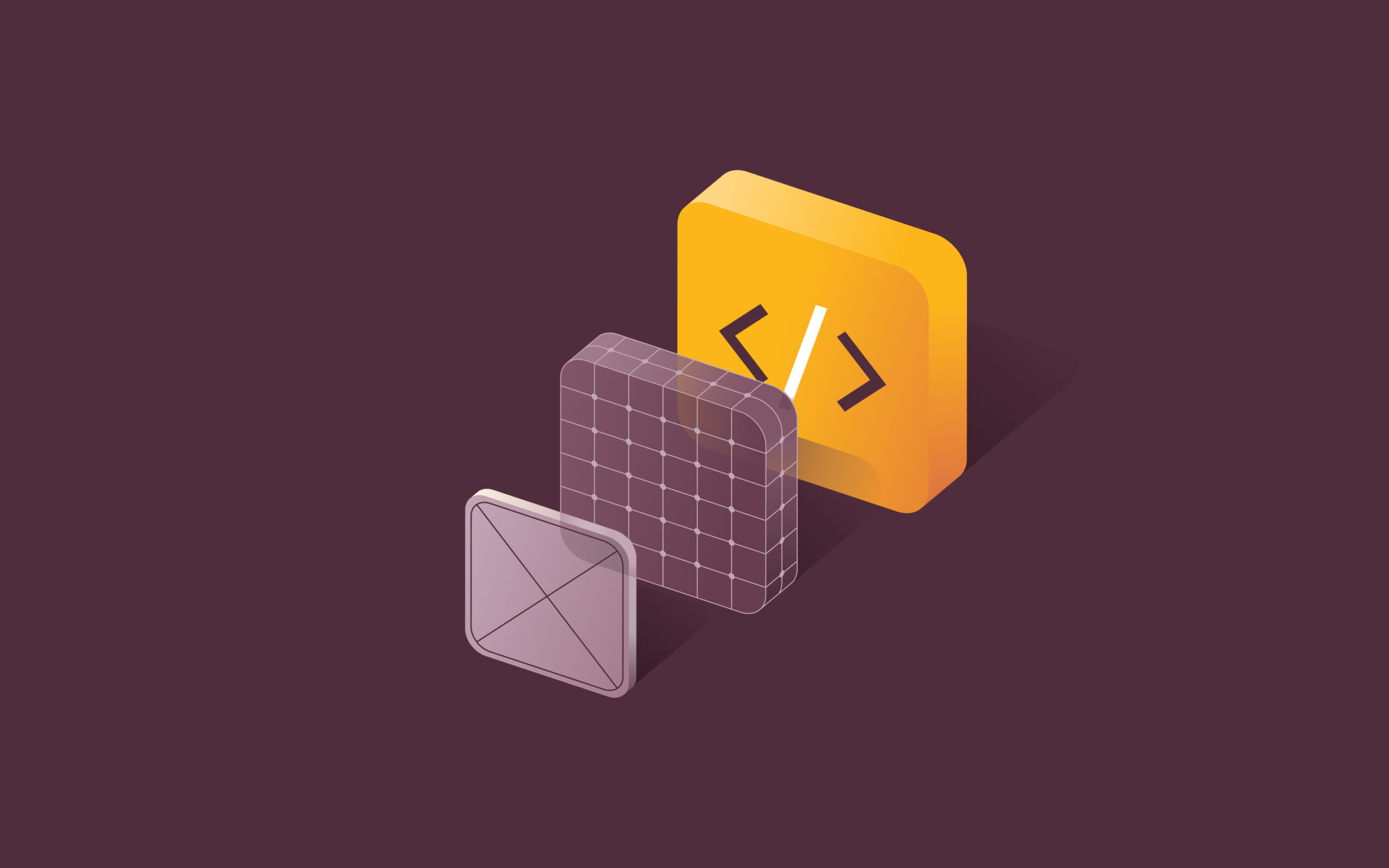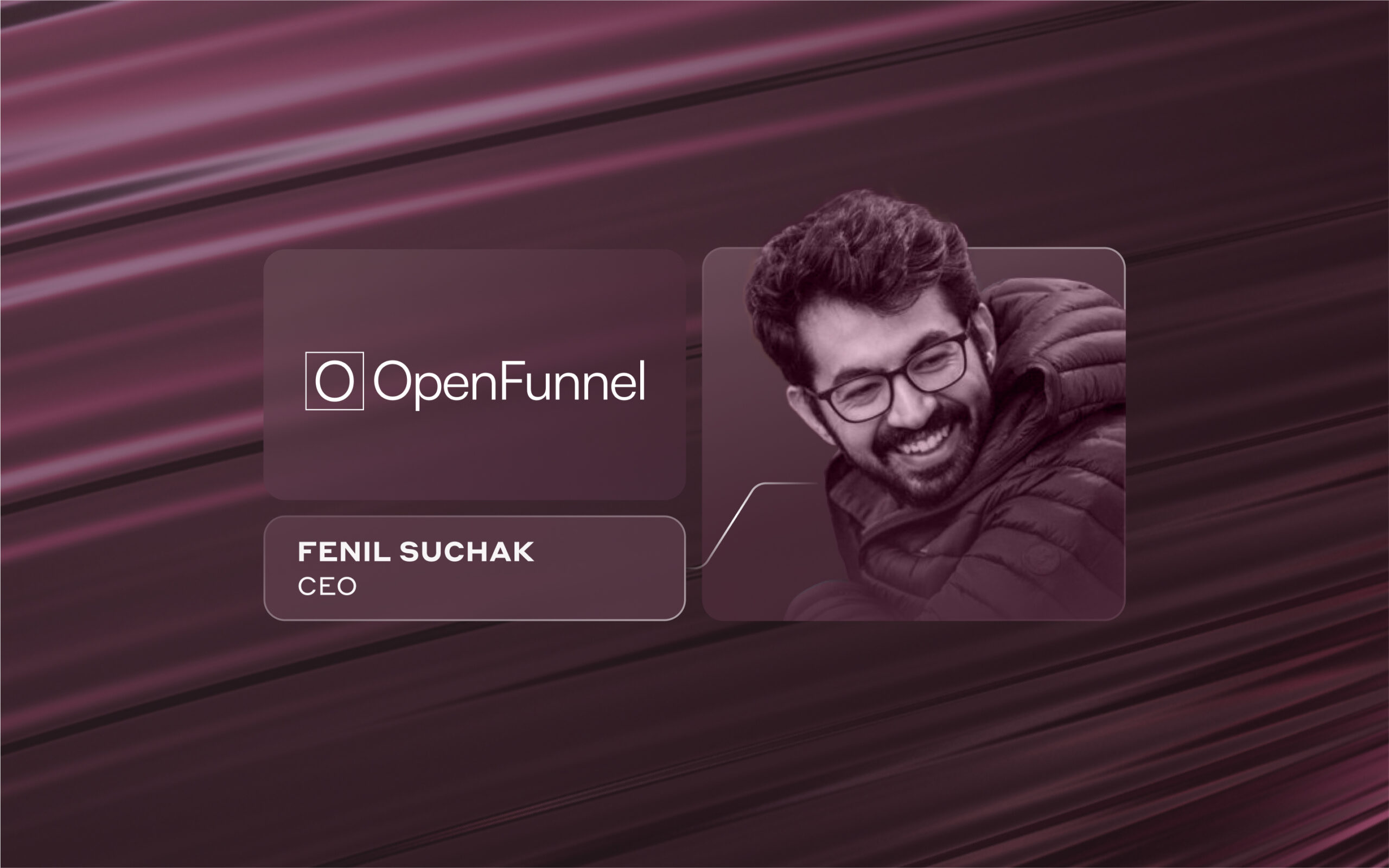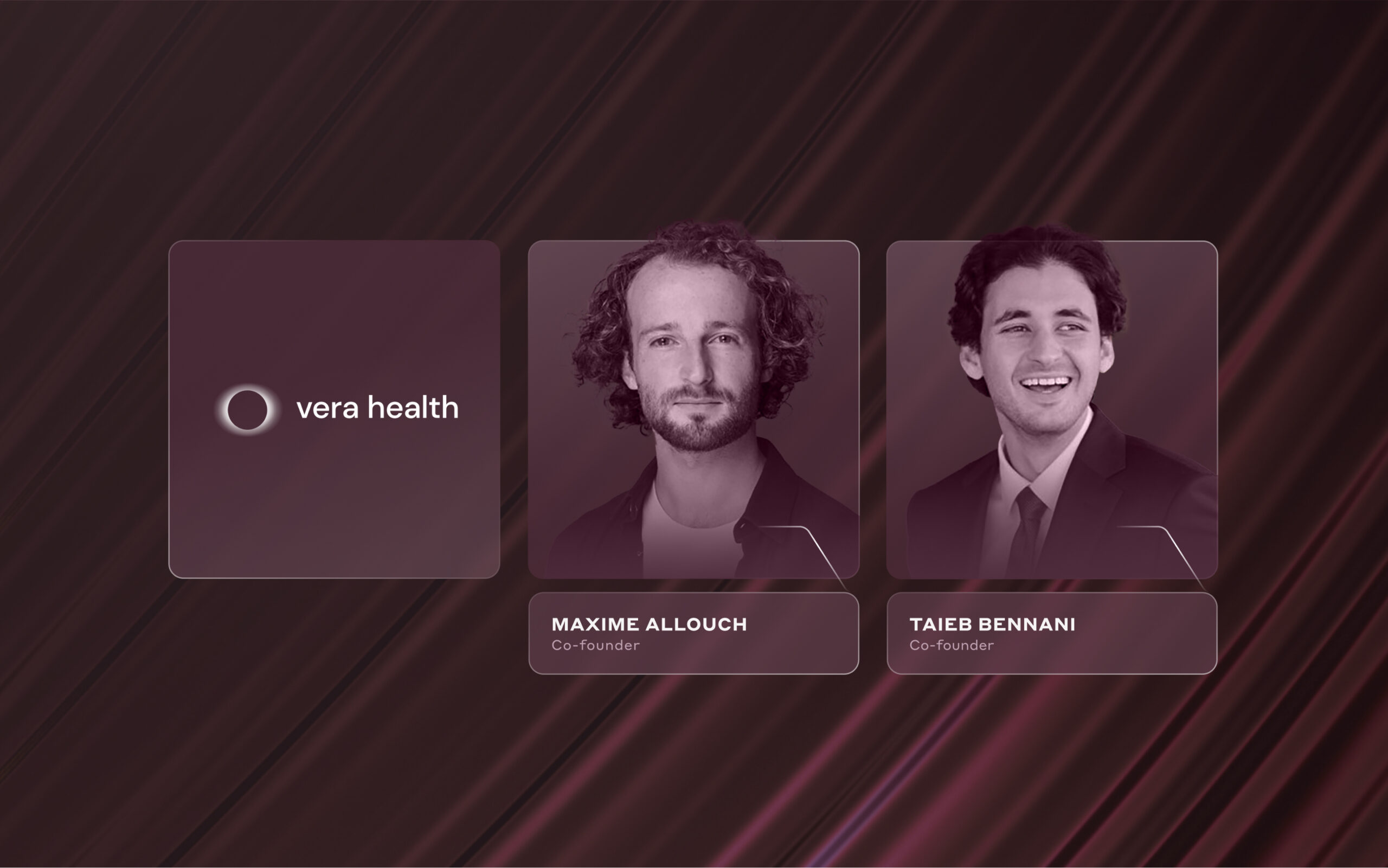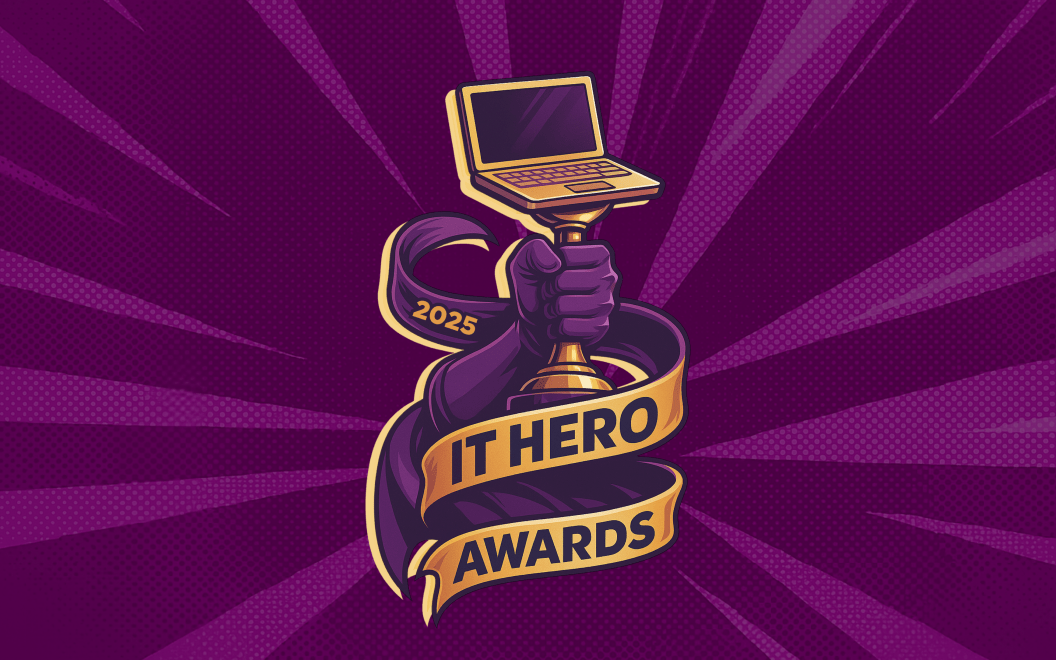If there’s anything the emergence of DeepSeek taught us this week, it’s that the AI revolution is still in its infancy.
Following the release of DeepSeek’s R1 model and the industry-wide shakeup that followed, the halls, cafeterias, and Zoom rooms of tech companies everywhere have been buzzing with uncertainty and confusion. Founders, investors, and customers alike are all asking: what does this mean for those of us building with AI on the ground?
It might feel counterintuitive, but amidst the noise, the opportunities for founders are actually more abundant than ever. In fact, we believe this is the perfect moment to build—and here’s why.
At Rippling, we’ve been watching how the pieces are falling into place. DeepSeek's breakthrough isn’t just a tech milestone—it’s a giant leap toward democratizing AI and making it more accessible than ever to founders.
Even the most conservative takes on DeepSeek’s impact still sound pretty exciting. More models will emerge, and they won’t cost boatloads to build or run. What companies will be charging for are innovative new products that leverage these models, which will need to be lean enough to run on devices like your phone—for free or close to it.
The game is changing. The barriers to building innovative software have never been lower. For founders, this is your moment. We believe there’s no better time to build with AI. And Rippling is here to support you every step of the way: we eliminate the administrative noise—payroll, HR, benefits, IT, and expenses—so you can focus on what matters most: building the next big thing.
If you’re still making sense of what this week’s AI news could mean for you, here are our five reasons why we think founders should start building with AI tech:
1. Democratized access to cutting-edge AI and a huge win for open source
The open source AI community has been large and active for years—from Meta's Llama to Mistral AI and others. DeepSeek has kicked this momentum into high gear. What's unfolding isn't just technological progress—it's an acceleration of democratizing AI innovation. The field is opening up, creating space for founders who deeply understand specific problems to build groundbreaking solutions, all while leveraging the progress of the past (via open weights/open source models). The pace of learning is accelerating once more.
For builders, this should be energizing. Meaningful AI innovation isn't reserved for only those companies corralling billions in funding. Sure capital matters, but it’s not the only way to build meaningful products, clarity of vision, execution and a dose of scrappy startup grit can go pretty far.
2. Dramatically reduced development costs and opportunities to strengthen your stack with multiple AI models
If what DeepSeek claims is true (even if only partially true), then it's remarkable that they built a high-performance AI model with a fraction of the computing costs. This is not just a technical achievement—it's a redefinition of what's possible in AI development. It’s also a reminder that having a model agnostic architecture that lets you plug into various AI models strengthens your stack. For founders building AI companies in specific industries, this is where things get interesting. Rather than worrying about massive compute budgets, you can now focus on deep industry knowledge, understanding how to access and make use of data across multiple models, and get creative to solve real business and consumer problems.
Think back to steam engines in the 1800s. As engines became cheaper and more efficient, people didn’t use less coal—they found more ways to use it, and coal consumption actually increased. That’s the essence of Jevons paradox: when a resource becomes more efficient and affordable, demand for it often rises instead of falls. With AI, we're seeing the same pattern emerge—more accessible models will spark a surge in specialized AI applications rather than reduce usage.
This is what many investors and corporate leaders observing the market changes are pointing to: we may be entering an even bigger wave of AI application layer innovation in 2025 and 2026.
3. Innovation cycles are faster than ever before
In the startup world, speed is everything. The faster you can turn an idea into a product, test it, learn from your users, and adapt—the quicker you’ll reach product-market fit.
The DeepSeek breakthrough signals a fundamental shift into just how fast these innovation cycles are about to become. With access to more affordable AI models, rapid iteration will become tablestakes. Founders who recognize this and act quickly will be poised to thrive.
This is an incredibly exciting environment to be building in. Here’s a few more reasons why:
- Founders’ rate of learning will increase: With the foundational models becoming easier to use (lower friction and cost), founders can spend more time quickly prototyping, testing ideas, and iterating based on customer feedback without waiting on long dev cycles and stringent compute constraints.
- It will unlock new growth opportunities for founders building for where the “puck is going”: Savvy founders who leverage these models quickly can discover new opportunities in real-time, capitalize on emerging trends or unlock features that have not been considered before. Building your app with the assumption AI is going to get cheaper and smarter, at a magnitude much larger than people thought even one month ago, allows you to plug in the efficiency gains (like DeepSeek development) along the way.
4. Expanded opportunities for niche applications
One of the most exciting opportunities in this post-DeepSeek world is the explosion of possibilities for niche applications. With access to affordable AI, the real power will shift from building AI models from scratch to leveraging existing models in specialized, high-value applications.
Think back to how AWS fundamentally changed the game for early-stage founders by providing access to scalable cloud infrastructure. It lowered the barriers to entry for building software products, enabling an entire ecosystem of niche SaaS solutions to serve highly specific industry needs. Now, AI is following that same path.
For instance, AI could help manufacturers track carbon emissions in real-time—an application that would’ve been too costly or complex to build from the ground up. Founders can tap into these specialized opportunities without needing to reinvent the wheel.
5. Enhanced global collaboration potential
By opening up its models and tools to the global community, DeepSeek has unlocked a vast ecosystem of developers, engineers, and innovators all working toward common goals. They are not the first open source model, but they have done a good job in leap-frogging the case for open source AI models.
The impact of this will be profound—more diverse ideas, more agile responses to emerging needs, and the opportunity for cross-pollination across different industries, at global scale, is generally a for human progress.
Wrapping Up
This new era for founders is not without its challenges. While we’re seeing unprecedented opportunities, navigating data privacy, regulatory hurdles, and standing out in an increasingly crowded market will remain key concerns.
But one thing is clear: the opportunity to innovate is stronger than ever. At Rippling, we're committed to helping founders manage the complexities that come with scaling a startup—whether it's payroll, HR, IT, or expenses—so you can focus on what truly matters: building and growing your product.
As we look toward the future, we’re excited about the possibilities ahead. The rapid pace of AI innovation means founders have more tools at their disposal than ever before, and the potential for new applications is limitless. To all the builders out there, we at Rippling are cheering you on as you turn your vision into reality.
To all the builders out there, we at Rippling are rooting for you!
This blog is based on information available to Rippling as of January 30, 2025.
Disclaimer: Rippling and its affiliates do not provide tax, accounting, or legal advice. This material has been prepared for informational purposes only, and is not intended to provide or be relied on for tax, accounting, or legal advice. You should consult your own tax, accounting, and legal advisors before engaging in any related activities or transactions.












